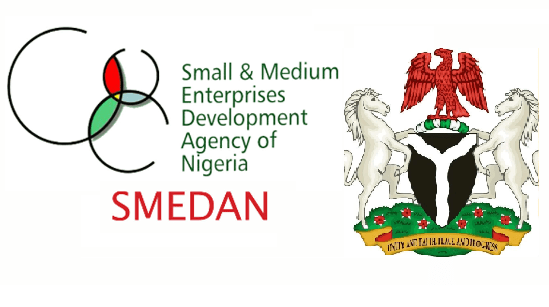
The Nigerian Small and Medium Enterprises Development Agency (SMEDAN) has linked a deficiency in business management abilities and a high level of financial illiteracy to the underperformance of Micro, Small, and Medium Enterprises.
HOFLI News learnt that SMEDAN's Head of Corporate Affairs, Moshood Lawal, has informed the Media that the organization was aware of the reported fall in MSMEs' performance, which was caused by the unliterate financial system of the businesses and the business environment in the nation generally.
"A high rate of financial illiteracy and business managerial skills among Nigeria's nano, small, and medium-sized businesses is what we found at SMEDAN," he said.
The statement was made by in a response to a research by the audit and advisory firm PwC Nigeria, which revealed that 67% of MSMEs in Nigeria had seen a drop in the demand for their goods during the previous two years.
"The agency, under the leadership of Mr. Charles Odii, is completely aware of these challenges highlighted," he said, highlighting SMEDAN's efforts to address the difficulties experienced by small business owners.
"The Federal Government has made available a N5 billion SMEDAN Sterling Bank partnership to offer MSMEs credit at a single-digit interest rate through the agency."
He continued by saying that another measure taken by the organization to help MSMEs become globally competitive and prepared to compete for available funding possibilities was the N4 billion SMEDAN matching fund for MSMEs in the states of Enugu, Abia, Katsina, and Imo.
The PwC Nigeria report, which surveyed over 500 MSMEs with an annual sales turnover of N5m and above across 13 sectors of the Nigerian economy, states that 38% of MSMEs reporting a decline in demand for their products attributed it to high product costs, 36% to low purchasing power, and 37% to other factors.
According to the research, financing for MSMEs in Nigeria was anticipated to be $32.2 billion (N13 trillion).
The results of the PwC Nigeria research, according to Segun Kuti-George, National Vice President of the Nigerian Association of Small Scale Industrialists, "painted a gloomy picture."
Kuti-George claims that the report accurately depicts the circumstances faced by small company owners.
Although the Federal Government has intervened, he said the small-scale industrialists organization was not quite satisfied that many affected business owners were being impacted.
"I don't think many of our people are accessing the government's interventions," he stated. To be honest, the money we receive is absolutely nothing.
The national vice president of NASSI expressed concern about the drawn-out nature of the government grant application procedure and encouraged the federal government to include industry participants in its decision-making process.
Kuti-George remarked, "We know who needs the grants more than the government." "The procedure can be so tiresome and tedious that you give up halfway through."